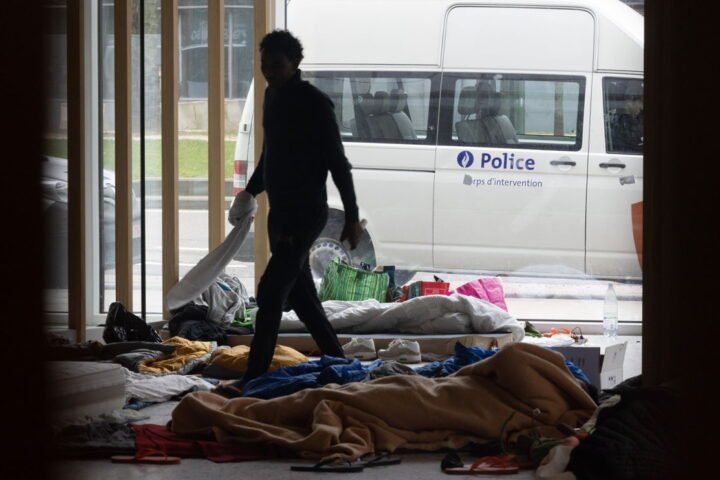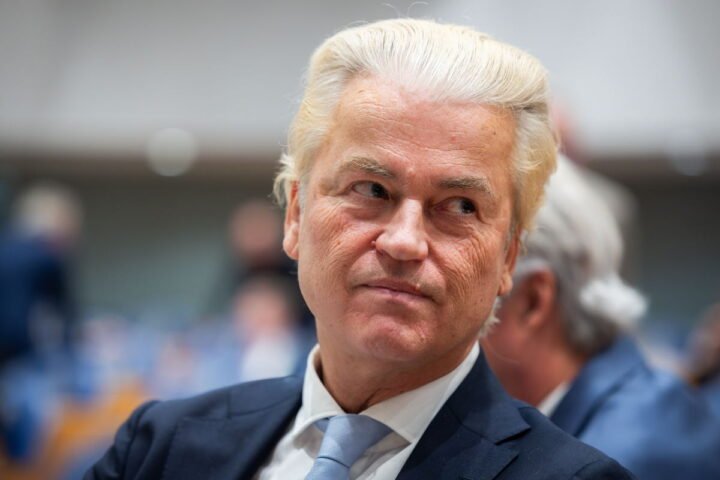The EU’s new guide on how to stay sexually healthy during the holiday season faces criticism for being narrowly focused. The online guide published by the European Centre for Disease Prevention and Control (ECDC) targets primarily men who have sex with men, featuring explicit advice on preventing infections like mpox and Shigella. It recommends practices such as not sharing sex toys and using disposable gloves during intimate encounters, raising concerns about inclusivity, reports 24brussels.
However, the guide’s lack of comprehensive information for the general population is evident. Chlamydia, Europe’s most commonly reported sexually transmitted infection (STI), is mentioned only briefly alongside other infections. This oversight becomes critical given its potential to cause severe complications, particularly for women, often without any noticeable symptoms.
Carsten Müller, a respected German sex educator, expressed concerns that the guide, while urging “everyone to be informed,” may neglect a significant portion of the population. He noted that focusing solely on sex between men risks alienation, as individuals outside this demographic may dismiss the information as irrelevant.
‘Highway to hell’
The ECDC’s limited guidance is particularly notable in light of recent data showing a surge in STI cases across Europe. Gonorrhoea cases rose by 321% from 2014 to 2023, with MSM constituting 58% of reported cases. Alarmingly, infection rates among young women aged 20–24 now stand at 72 per 100,000.
Despite the severity of the STI crisis, the guide offers little beyond conventional advice on condom use for various sexual activities. Recommendations for dental dams apply exclusively to “oral-anal sex,” neglecting their relevance in other sexual contexts, such as oral sex between female partners or in heterosexual encounters.
Individuals seeking practical advice may find resources from the US Centers for Disease Control and Prevention more beneficial, especially when it comes to adapting condoms for oral sex.
Müller highlighted a systemic issue within European sex education, which predominantly targets youth even as STIs proliferate among older adults.
Additionally, the guide fails to address genital herpes, an infection that ranks among the most prevalent STIs globally. The World Health Organization reports a new infection every second, yet herpes was omitted entirely. An ECDC spokesperson stated this exclusion is due to herpes not being a notifiable disease, as determined by the European Commission, directing inquiries to the WHO for more information.
What about HPV?
Human Papillomavirus (HPV) is also absent from the summer guide, despite connections to significant cancers such as cervical, penile, and throat cancers.
During an ECDC event focused on HPV vaccination and screening, a representative struggled to provide practical guidance when questioned on this omission. Dr. Rui Medeiros, head of education at the Portuguese League Against Cancer, bluntly stated that “every act is at your own risk,” likening it to crossing a red light with uncertain outcomes.
Müller criticized the ECDC’s vague encouragement of “fostering open communication” about sexual health. He suggested the inclusion of practical dialogue starters, such as, “I feel like having sex with you – let’s talk about how to make it safe,” which could easily be translated across the 24 official EU languages to facilitate discussions anywhere, even at a beachside bar.










